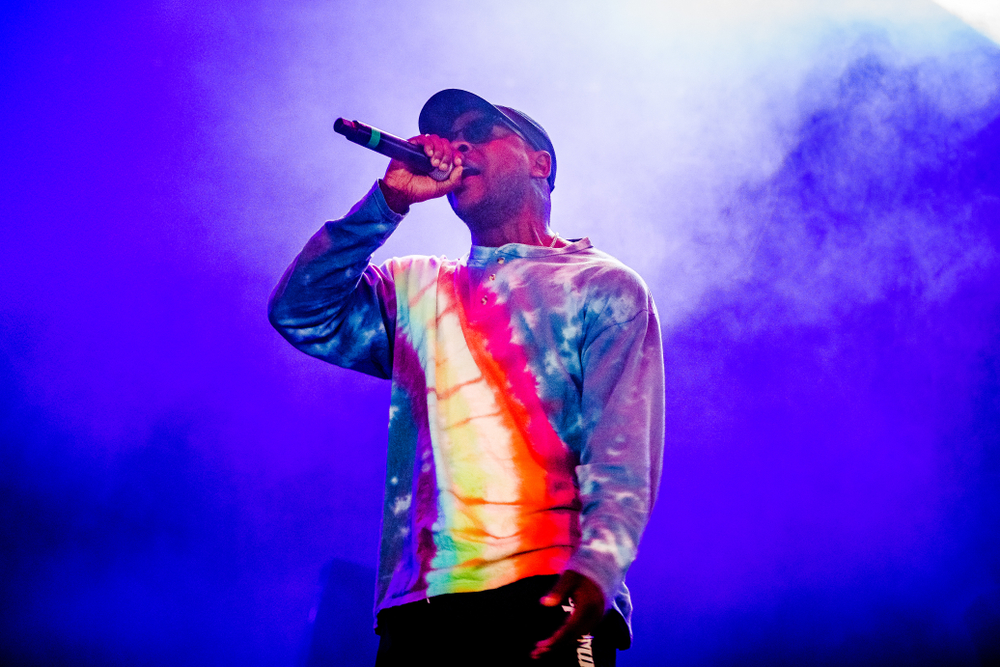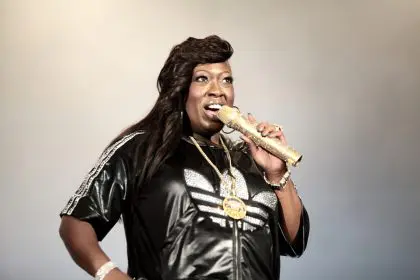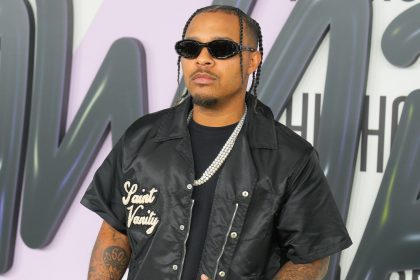In an evolving landscape where rap beefs carry unprecedented consequences, UK rap veteran Skepta‘s critique of the Kendrick Lamar-Drake feud illuminates a growing concern within the hip-hop community. The clash between these titans of rap has sparked debates about the genre’s direction and its impact on future generations. The ripple effects of their confrontation extend far beyond personal rivalry, touching every corner of the hip-hop ecosystem.
The stakes Skepta is weighing in on are higher than ever
Modern rap rivalries operate in uncharted territory, where artists juggle multimillion-dollar deals, global influence, and corporate partnerships. The landscape has transformed dramatically from the era where artists had minimal financial stakes in their conflicts. Today’s feuds ripple through streaming numbers, brand deals, and industry relationships, creating a complex web of consequences that extends far beyond the artists involved. What was once contained within the boundaries of music now spills into social media, business ventures, and cultural discourse, amplifying the impact of every word exchanged.
Industry doors closing
The repercussions of high-profile conflicts reach beyond personal animosity, potentially limiting opportunities for emerging artists. This systemic impact threatens to undermine the collaborative spirit that has historically driven hip-hop’s evolution. The industry’s gatekeepers increasingly view such conflicts as liability risks, potentially restricting access to vital resources and platforms. Young artists, watching these dynamics unfold, face the challenge of navigating an industry where bridges burned by their predecessors might limit their own opportunities for growth and collaboration.
A cultural crossroads
Hip-hop stands at a pivotal moment where its leading figures must choose between perpetuating conflict or fostering unity. The genre’s global influence demands a more nuanced approach to artistic differences, one that preserves competitive spirit while avoiding destructive confrontation. The way forward requires a delicate balance between maintaining artistic integrity and recognizing the broader responsibilities that come with influence. This evolution in hip-hop culture reflects deeper changes in how society views conflict resolution and professional relationships.
The Obama factor
Former President Barack Obama‘s perspective adds another layer to the discourse, acknowledging Kendrick Lamar’s artistic depth and cultural impact. His recognition of Lamar’s serious approach to music and messaging highlights the potential for rap to transcend mere entertainment and serve as a vehicle for meaningful social dialogue. Obama’s engagement with hip-hop culture underscores the genre’s significance in shaping contemporary social and political conversations. The involvement of such high-profile figures in these discussions demonstrates hip-hop’s evolution from street culture to a global force for cultural change.
The path forward
As hip-hop continues its global ascent, the actions of its leading figures carry unprecedented weight. The resolution of this conflict could set a powerful precedent for how future generations handle artistic differences, potentially reshaping the genre’s competitive landscape while preserving its creative essence. Industry leaders and artists alike must recognize their role in shaping not just music, but the cultural framework within which future artists will operate. The challenge lies in maintaining the competitive edge that drives artistic excellence while fostering an environment that promotes growth, collaboration, and sustainable success.
The future of hip-hop hangs in the balance as the industry grapples with these challenges. The resolution of the Kendrick-Drake feud could mark either a turning point toward greater unity or a continuation of destructive patterns. The choice lies not just with these two artists, but with the entire hip-hop community’s willingness to evolve beyond traditional conflict narratives and embrace a more sophisticated approach to artistic rivalry.














